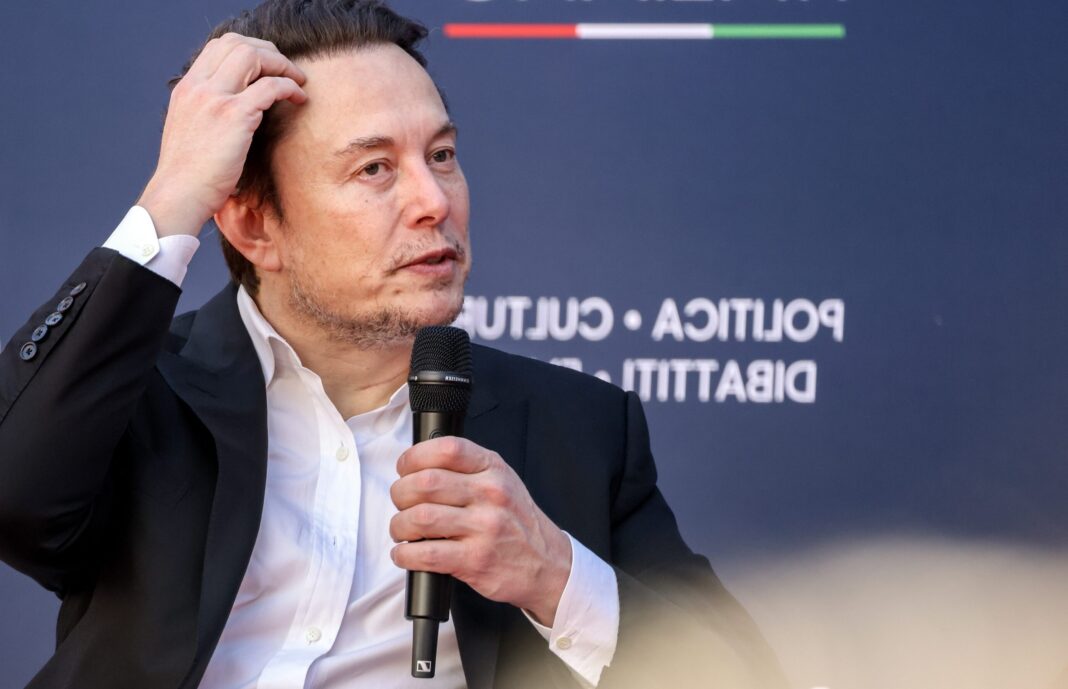BTN News: Gary Rooney, a former director at Twitter’s Dublin office, has won a significant legal battle against the social media giant, securing over $600,000 in a wrongful dismissal lawsuit. The case arose following an employee ultimatum issued by Elon Musk after his 2022 acquisition of Twitter. Rooney’s victory is seen as a pivotal moment in workplace rights, particularly in the tech sector, and highlights how abrupt corporate decisions can backfire when proper labor procedures are not followed.
The case revolved around Rooney’s non-response to a company email, which Twitter took as his resignation, triggering a lengthy legal dispute that ultimately ruled in his favor. This verdict not only highlights the consequences of Musk’s rigid policies but also sends a powerful message about employee rights and corporate accountability.
Twitter’s New Era: The Musk Ultimatum
After Elon Musk purchased Twitter in 2022, the company underwent significant changes, including stricter policies for its employees. One such policy was an ultimatum: employees were required to confirm their commitment to Twitter 2.0 by clicking a link in an email sent by Musk himself. The email gave employees just 24 hours to respond, with those failing to do so automatically deemed to have resigned. In exchange, they would receive three months’ severance pay.
Gary Rooney, who had been a key figure in Twitter’s Dublin office, did not click the link. Instead, he viewed the email as potentially spam or unsolicited, given the short notice and unusual approach. Twitter interpreted his non-response as a voluntary resignation, but Rooney argued otherwise, claiming that he had no intention of quitting.
The Legal Battle: Rooney’s Fight for Justice
Rooney took his case to Ireland’s Workplace Relations Commission (WRC), arguing that he was wrongfully dismissed. He maintained that he never explicitly resigned from his position and was instead pushed out due to the unreasonable demands made in Musk’s email. His legal team, led by attorney Barry Kenny, contended that the 24-hour deadline to make such a significant career decision was both impractical and unfair.
The WRC agreed, ruling in Rooney’s favor. The commission found that Twitter’s handling of the situation—particularly the short notice given to employees—was inappropriate and did not adhere to fair labor practices. As a result, Rooney was awarded €550,131 (approximately $607,802) for lost wages and future compensation.
Unfair Dismissal or Corporate Overreach?
This case sheds light on a broader issue of how tech companies, especially those led by high-profile figures like Elon Musk, handle employee relations. Musk’s ultimatum was part of a broader effort to reshape Twitter’s culture, but in Rooney’s case, it backfired spectacularly. The WRC’s decision underscores the need for companies to respect labor laws, particularly when making sweeping changes.
According to Rooney’s lawyer, Barry Kenny, the ruling sends a clear message to other tech giants: “It’s not acceptable for a company—no matter how big or influential—to disregard its employees’ rights. My client had an impeccable record at Twitter, and this decision confirms that he was unfairly pushed out.”
The Fallout: What’s Next for Twitter and Its Employees?
Since the ruling, Twitter (now rebranded as X) has not issued any public statements regarding Rooney’s case. This silence comes at a time when the company is already facing scrutiny for its rapid and often erratic changes under Musk’s leadership. With the decision from Ireland’s WRC setting a strong precedent, it could open the door for other former employees who feel they were treated unjustly during the Twitter 2.0 restructuring.
This case serves as a reminder that even the most prominent companies are not immune to labor laws. It will likely force Twitter and other tech giants to reconsider how they communicate and implement major decisions affecting their workforce.
A Win for Employee Rights in Ireland
Rooney’s victory is a significant milestone for employee rights in Ireland, particularly in the tech industry, which is known for its fast-paced and sometimes unpredictable work environment. It emphasizes that workers cannot be forced out without due process, no matter the scale of the company or the pressures it faces.
As tech companies continue to evolve, cases like Rooney’s highlight the importance of clear, fair, and legally sound communication between employers and their staff. This ruling could have a ripple effect across the industry, reminding corporations that respecting employee rights is not just a legal obligation but also essential to maintaining a productive and motivated workforce.
Conclusion: A Lesson for the Tech Industry
The ruling in favor of Gary Rooney sets a critical example for how companies should handle major transitions, particularly those involving their workforce. Musk’s ultimatum may have been intended to streamline Twitter’s workforce under new leadership, but the lack of consideration for employee rights has led to costly consequences.
As the tech industry continues to grapple with rapid changes and restructuring, Rooney’s case will likely serve as a reminder that employee rights must always be at the forefront, no matter the pressures or ambitions of corporate leadership.


